The PSC Library is open M-W 8am-7:00pm and Th-F 8am-4:30pm. PSC Librarians are available through the "Chat Now" button or via email at librarians@prairiestate.edu.

Finals Fest is returning to the Library during finals week for the first time since 2019. This event is a way to support our students during the final days of the semester and celebrate their accomplishments. We will have beverages and snacks to-go to avoid students removing masks to enjoy them. There will be a station for relaxation with games, puzzles, and coloring. We will also have a space for tutoring and reference assistance. Stop by for some hot cocoa.
The library has a monthly blog for students called, Library HELP!: a monthly blog to help you student, that comes out in the middle of the month. November’s post was written to help students set up a workflow for their end of the semester research projects. We all know it can be hard to prioritize our time, and harder to figure out how to break down a daunting process (like a research paper) into smaller and more manageable steps. This month’s post provides resources for students to create a schedule with daily steps to map out their time and avoid procrastination.
The library has student artwork on display across from the circulation desk. This is brought to you with the support of Paul Rinaldi in the Fine Arts Department and it will rotate once or twice a year.
“We don’t see things as they are, we see things as we are.”
The Talmud
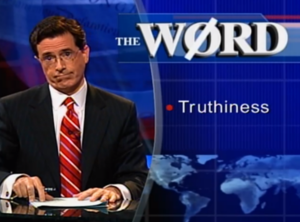
If you were around in the early aughts, you may remember when the word “truthiness” came into the lexicon. The term--first introduced as a piece of political satire in 2005 on The Colbert Report--described ideas we believe to be true, despite evidence to the contrary. It sounds like something we want to be true, even if it isn't, and so it's "truthy."
I think, though, that there is something to be said for truthiness as a different flavor of confirmation bias. As we gather together for Thanksgiving for the first time in two years, it might be worth reflecting on this confirmation bias as we interact with those with, ah, divergent political opinions. Of course, you can always stay home and avoid this entirely.

“Truthiness.” Merriam-Webster.com Dictionary, Merriam-Webster, https://www.merriam-webster.com/dictionary/truthiness. Accessed 19 Nov. 2021
We all have beliefs that defy logic. Many are harmless. It is harmless to believe that cold weather brings on a cold virus, but believing that COVID-19 vaccines cause harm will lead to more deaths, disability, and sickness. The first example is an old wives' tale, the second dangerous misinformation. How do we sort our own personal “truths” from the harmless to the harmful? How do we push back against biases in others? How do we get through the holiday season when we encounter those whose beliefs are different from ours, or just plain factually incorrect?
In 1979, Charles Lord, Lee Ross, and Mark Lepper experimented on college students’ opinions of capital punishment. They wanted to determine whether students would change their opinions on the topic after being presented with data. Rather than change their minds, once presented with this information, they become more entrenched. “Often, more often than we care to admit, our attitudes on important social issues reflect only our preconceptions, vague impressions, and untested assumptions” (Lord et. al). This study has long been discussed in conversations about confirmation bias and is instructive in telling us what not to do. Unfortunately, it gives little guidance on what we should do instead.
If presenting compelling data doesn’t work, what will? Empathy and flattery might. “Nyhan and Reifler , in their research on misperceptions and corrections, discovered that when people who are mistaken undergo a self-affirmation exercise, it increases the odds that they’ll accept the corrected information. That means you may have more success changing minds after making your audience feel good about themselves.” (Graves) Avoid using language that vilifies their position and reinforce that they love their children, their community, or whatever else is being discussed. After common ground and trust is established, then you can counter their argument with your own.
So: this holiday season, empathize with others' viewpoints, find common ground, then steer them towards new information. And remember that you don’t have to share mashed potatoes with anyone you don’t want to.
Graves, Christopher. "Why Debunking Myths About Vaccines Hasn't Convinced Dubious Parents." Harvard Business Review, 20 Feb. 2015, hbr.org/2015/02/why-debunking-myths-about-vaccines-hasnt-convinced-dubious-parents. Accessed 16 Dec. 2016.
Heshmat, Shahram. "What Is Confirmation Bias?" Psychology Today, 23 Apr. 2015, www.psychologytoday.com/blog/science-choice/201504/what-is-confirmation-bias. Accessed 16 Dec. 2016.
Lord, Charles G., et al. “Biased Assimilation and Attitude Polarization: The Effects of Prior Theories on Subsequently Considered Evidence.” Journal of Personality and Social Psychology, vol. 37, no. 11, Nov. 1979, pp. 2098–2109.
“Truthiness.” Merriam-Webster.com Dictionary, Merriam-Webster, https://www.merriam-webster.com/dictionary/truthiness. Accessed 19 Nov. 2021
What is an archive? What is in ours? This month we will demystify the PSC Archive. An archive preserves institutional history by both preserving its primary source documents and ensuring they are accessible to the community. This includes ephemera like meeting minutes, course schedules, pictures, and more. Most institutions have some form of an archive, and your home probably has one in the form of photo albums, file cabinets, or documents stored on the cloud. Much like the PSC archive, these documents tell a story, proving that events actually happened. In short, they add to the historical record.
Our archive is stewarded by College Archivist Alex Altan and Librarian Kate Nadolski. They are currently digitizing photos, and have added 6,000 so far, including images from PSC’s founding in 1958 as Bloom Township Junior College to the present. You can see them from the comfort of your own home through CARLI’s digital collections.
The archive is located in library room 1222 and you can visit in person. You are free to visit to research, or with students to learn more about the college’s history. In addition to meeting minutes and pictures, we also have oral histories, yearbooks, oral histories, and more! To visit the archive, please email Alex.
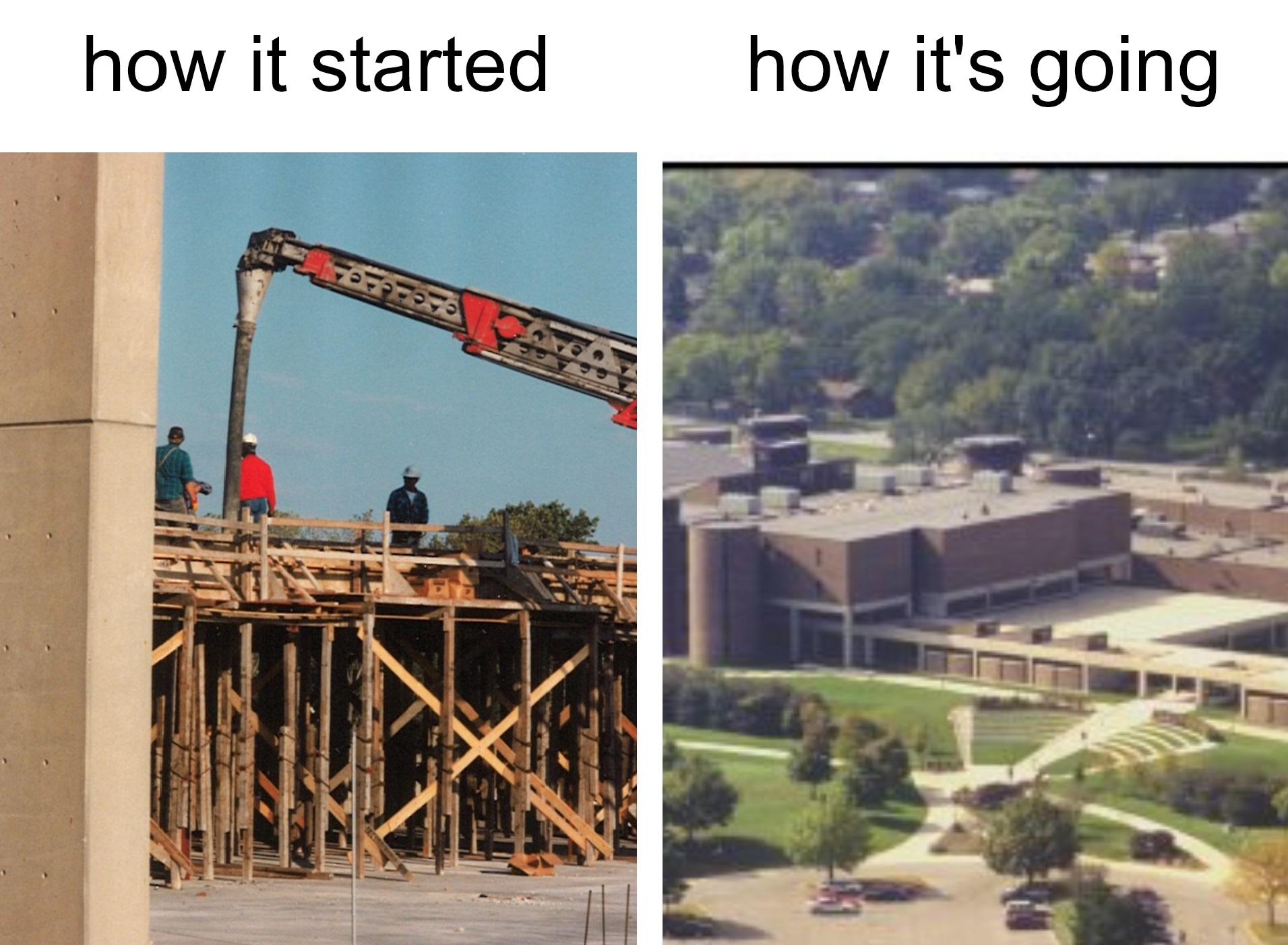
In December we have a collection of eBooks to help you celebrate the season. These are both cookbooks, and books about food. Please visit the library to see a display of print cookbooks for the duration of the month and participate in our recipe exchange or food memory via this form. We will also have a recipe exchange at our December CTL water cooler.
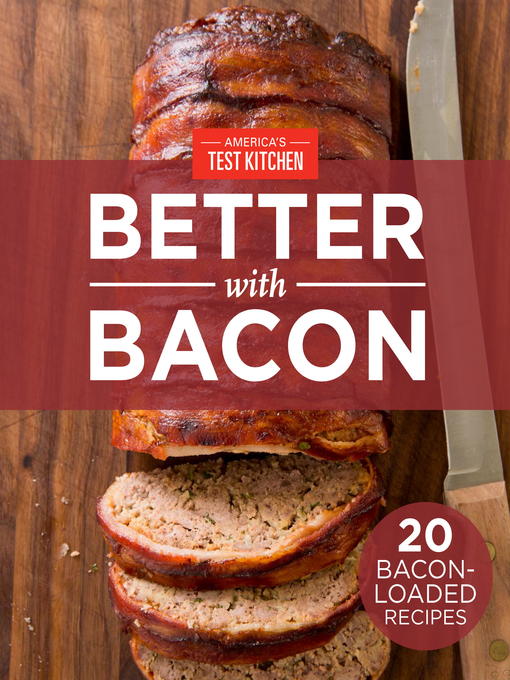 Better with BaconAmerica's Test Kitchen |
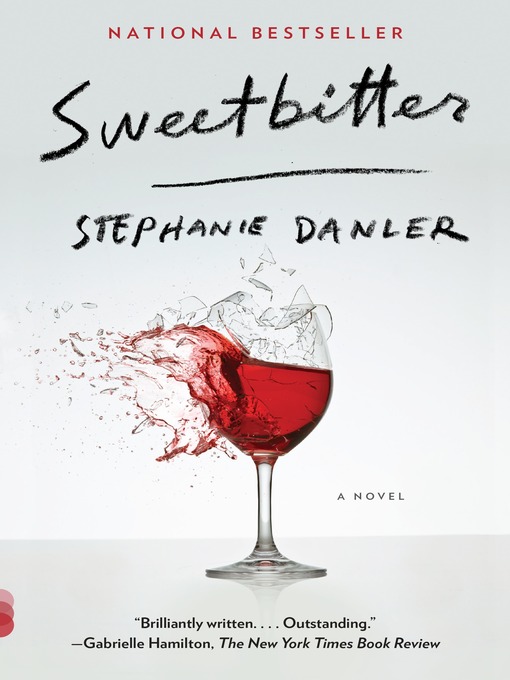 Sweetbitter: A NovelStephanie Danler |
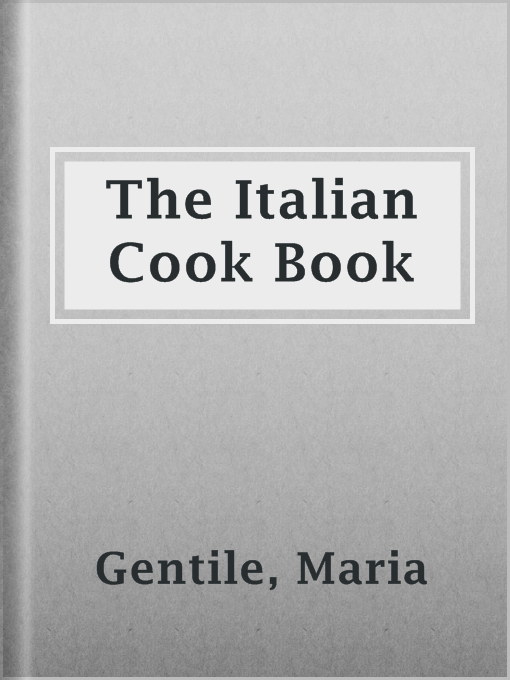 The Italian Cook Book: The Art of Eating WellMaria Gentile |
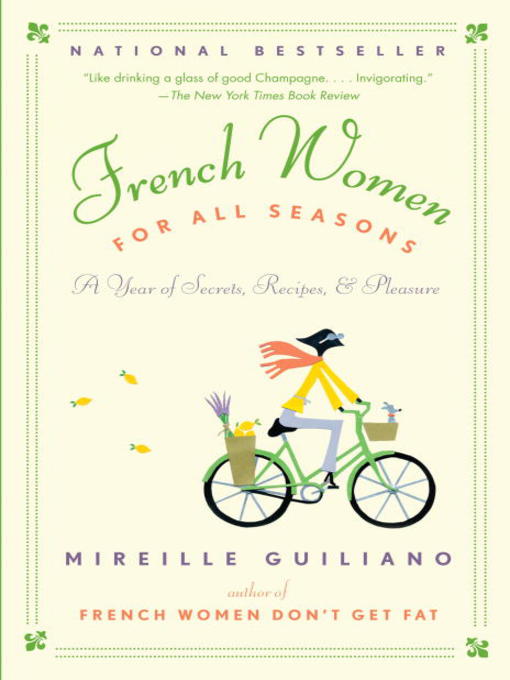 French Women for All SeasonsMireille Guiliano |
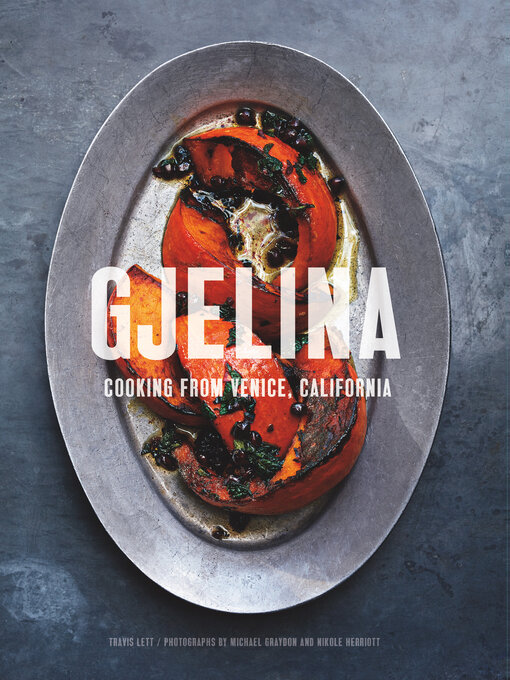 GjelinaTravis Lett and Michael Graydon |
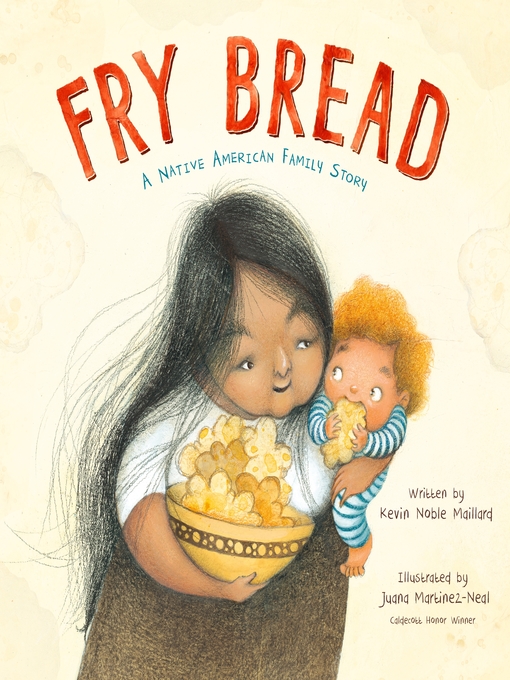 Fry BreadKevin Noble Maillard |
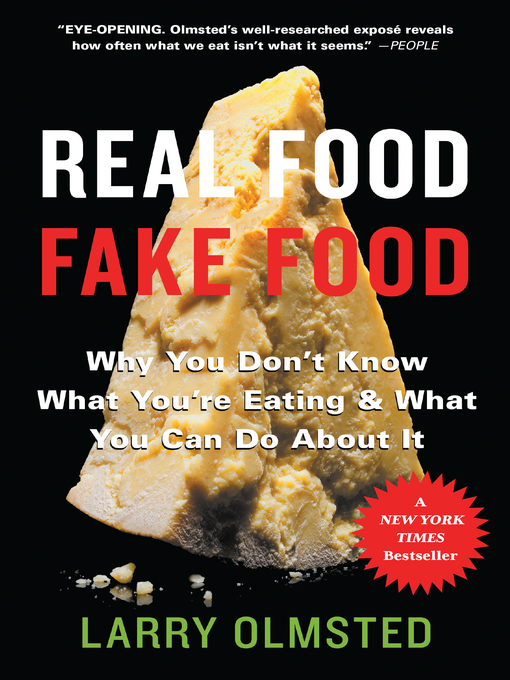 Real Food/Fake FoodLarry Olmsted |
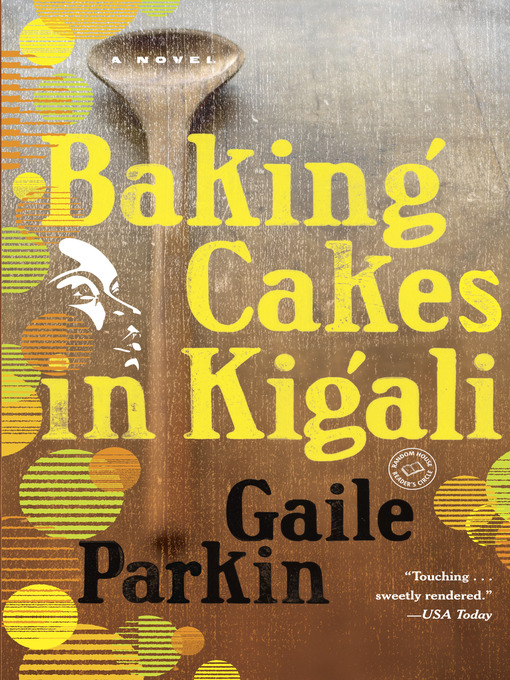 Baking Cakes in Kigali A NovelGaile Parkin |
Lastly, the library is here for you; reach out with any questions at Ask a Librarian!